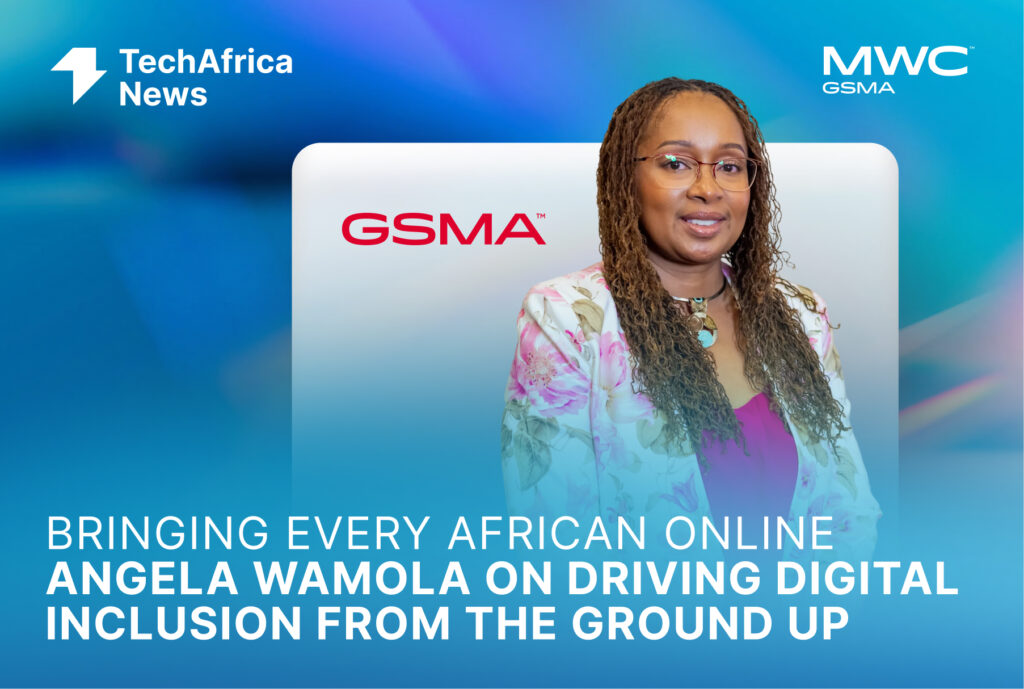Leapfrogging to the Future: Axian Telecom’s Blueprint for a Connected, Tech-Driven Africa
At MWC Kigali 2025, Hassan Jaber, CEO of Axian Telecom, shared with TechAfrica News Chief Editor and Founder Akim Benamara, insights on Africa’s path toward a connected, inclusive, and future-ready digital ecosystem. He emphasized the role of private-public partnerships, infrastructure investment, and technology adoption in driving the continent’s digital transformation.
- 00:26Africa’s Digital Future and Need for Collaboration
- 1:56Private-Public Partnerships and Policy Support
- 3:11Connectivity, Financing, and Rural Inclusion
- 4:27Affordable Handsets and Low-Cost Data
- 5:035G and AI Readiness – Infrastructure and Use Cases
- 7:22Optimism for Africa’s Digital Renaissance
Collaboration Between Public and Private Sectors
Jaber highlighted that Africa’s digital future requires coordinated efforts. “We cannot do it alone,” he said. “We have to work together—with governments, public institutions, operators, and digital players—to ensure Africa is included in this digital era and ready for the AI-driven next era.” He emphasized that the private sector must provide services to help public institutions digitally transform while governments and regulators must create an environment that secures investments and accelerates technology adoption.
“The biggest pillar, or perhaps the biggest opportunity, is when we work closely with the private sector. The private and public sectors can collaborate on two fronts. First, as a service provider, the private sector can support the public sector in digitally transforming their operations, improving efficiency, and better addressing citizens’ daily needs and transactions. Second, as corporate citizens, we must ensure that governments provide policies and facilities that create a secure environment for investment. Most importantly, this collaboration enables the acceleration of technology adoption across the countries where we operate.”
– Hassan Jaber, CEO, Axian Telecom
Connectivity, Access, and Affordability
For Axian Telecom, digital inclusion is built on three pillars: connectivity, financing, and innovation. Jaber explained that building network infrastructure is just the first step. Providing financial solutions enables customers to acquire handsets, while pilot projects help extend connectivity to rural areas without overburdening the company financially. He stressed the importance of affordable handsets, flexible payment options, and low-cost data in a continent where the average revenue per user (ARPU) remains low compared to Europe, even as the technology deployed matches global standards.
5G, AI, and Future Technologies
Axian Telecom is actively investing in both 4G and 5G infrastructure while preparing for AI adoption. Jaber acknowledged that clear 5G use cases are still emerging worldwide, but the company is building the foundational infrastructure for future applications. On AI, he emphasized the need for data centers, fiber networks, and submarine cables as prerequisites. He underlined that AI solutions must address Africa-specific use cases and generate return on investment through B2B services and enterprise adoption. “No one has cracked that formula yet, but we are on our way to delivering solutions for Africa, developed in Africa,” he said.
Optimism for Africa’s Digital Renaissance
Jaber expressed strong optimism about Africa’s technological future. He described the continent as entering a “Renaissance era,” where digital infrastructure will enable leapfrogging in technology and development. Axian Telecom’s mission is to connect as many people as possible, convert them into active data users, and provide meaningful use cases that improve daily life while continuing to invest in the necessary infrastructure.
Axian Telecom’s priorities focus on scaling connectivity, driving adoption, and ensuring the infrastructure is robust enough to support long-term growth. With a commitment to public-private collaboration, affordable access, and technology innovation, the company aims to play a central role in Africa’s digital transformation and positioning the continent as an active participant in the global digital ecosystem.





